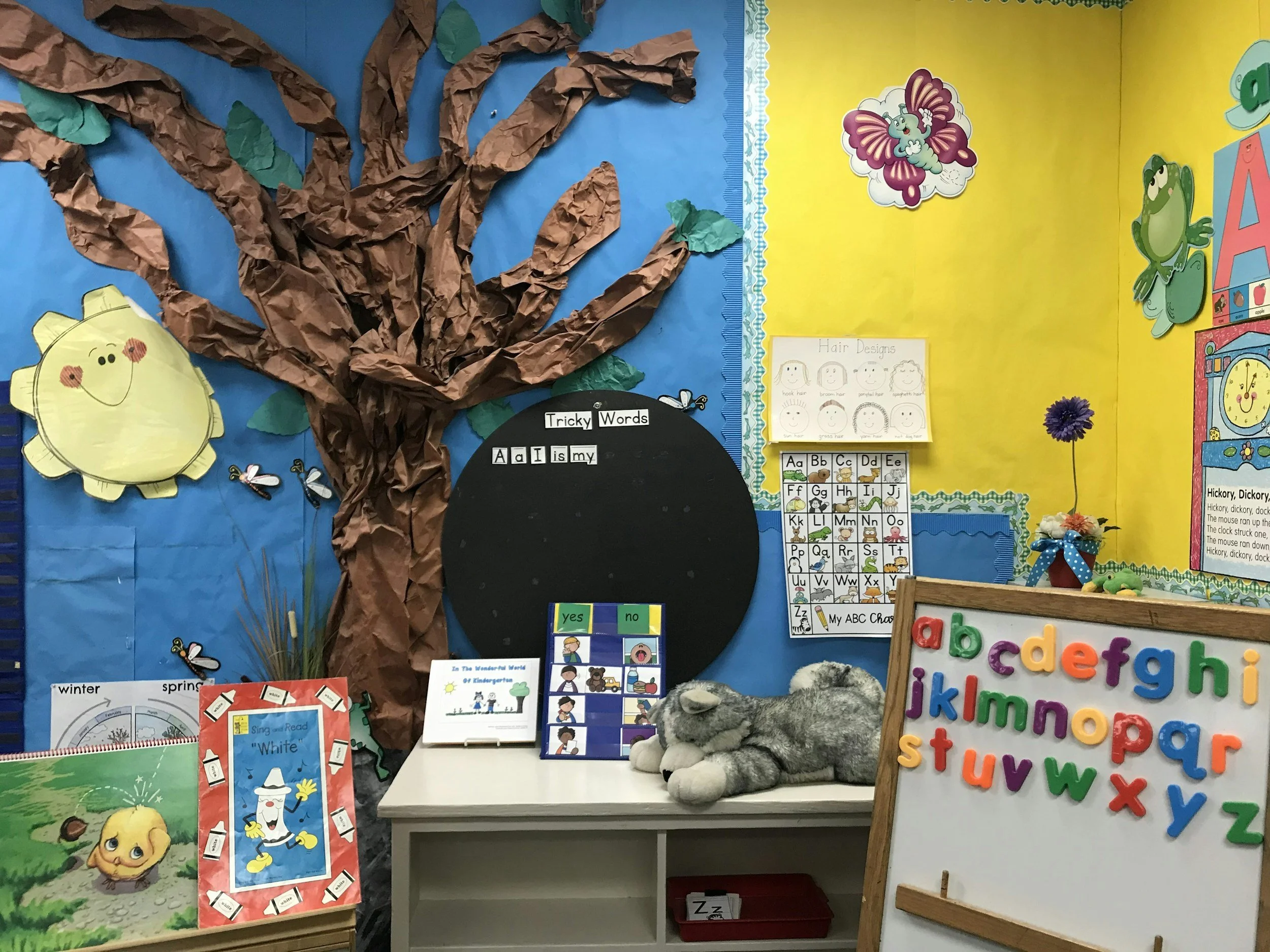
504 Plans vs. IEPs: What’s the Difference and Which One Does My Child Need?
Navigating the world of special education can feel overwhelming, especially when it comes to understanding the differences between a 504 Plan and an Individualized Education Program (IEP).

Stopping the Summer Slide: How to Keep Your Child Learning All Summer Long

Educational Equity Begins at Home: How Families Can Advocate for Inclusive Schools

Understanding Your Child’s Educational Rights: A Parent’s Guide to Advocacy in K–12 Schools
Advocacy doesn’t require a degree in law or education—just persistence, compassion, and a willingness to speak up.

How to Raise Concerns Without Burning Bridges: Effective Communication with Your Child’s School
Navigating school-related concerns can be emotional and complex, especially when your child’s well-being is at stake. But respectful, thoughtful communication can turn potential conflict into connection.

When School Discipline Feels Unfair: Advocating for Equity and Restorative Practices
Discipline doesn’t have to be about punishment. It can be about growth, healing, and learning. By working together—families, educators, and communities—we can build more equitable school environments where every student feels safe, supported, and valued.

IEP Meetings 101: How to Prepare, What to Ask, and How to Be Heard
Preparing for IEP meetings is essential because it helps ensure that parents and guardians are well-informed, can advocate effectively for their child's needs, and can collaborate with educators to create the best possible plan for the child's educational success.

Lessons from Global Conflicts on Peacebuilding
By integrating these conflict resolution strategies from global peacebuilding efforts into our personal interactions, we can cultivate healthier relationships and contribute to a more peaceful and understanding world.

How to Have Difficult Conversations in Polarized Times
Difficult conversations aren’t about “winning”—they’re about understanding. The more we practice, the better we get at having real, meaningful dialogue in an increasingly divided world.

How Language Shapes Our Perception - The Word Conflict
Our perspective is often shaped by the origins and meanings of words. For instance, the word for conflict in English and Japanese have far different connotations, influencing how each culture approaches disagreement and resolution.


